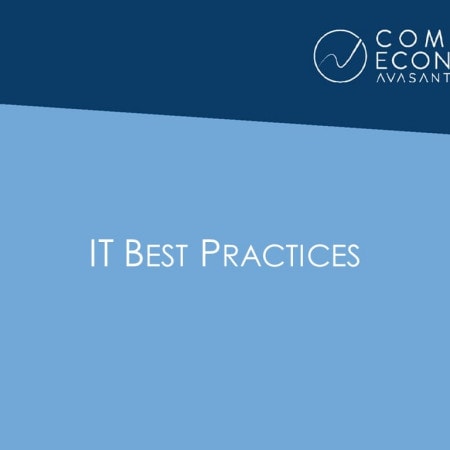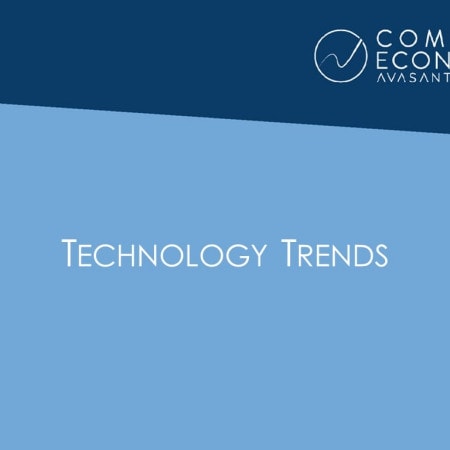-

Internet “Pagejacker” Settles FTC Charges (Apr 2001)
Australian defendant, Gregory Lasrado, has agreed to settle Federal Trade Commission charges that a scheme that hijacked unwitting Internet surfers violated the FTC Act. Lasrado participated in a scam that copied existing websites and inserted coded instructions in the copycat sites which automatically redirected consumers to adult sites operated by the defendants. Then the scammers disabled the browser's "back" and "exit" commands so that Internet surfers trying to escape the pornographic images faced screen after screen of similar material and advertisements for other adult sites.
September, 2002
-

SEC Settles Securities Fraud Action Against Tokyo Joe (Apr 2001)
In March 2001, the Securities and Exchange Commission (SEC) settled the enforcement action it brought in 2000 against Yun Soo Oh Park, the Internet stock picker known as "Tokyo Joe," and the company Park controls, Tokyo Joe's Societe Anonyme Corp.
September, 2002
-

SEC Charges 23 Companies and Individuals in Broad Spectrum of Internet Securities Fraud (Apr 2001)
In March 2000, in its fifth nationwide Internet fraud sweep, the Securities and Exchange Commission (SEC) announced 11 enforcement actions against 23 companies and individuals that used the Internet to defraud investors.
September, 2002
-

Internet Service Providers: Are User Identities Still Sacred? (May 2001)
Are user identities are still sacred? One federal court judge in Seattle believes so. In what free speech proponents are hailing as a major First Amendment victory, a federal court in Seattle recently held that an Internet Service Provider could not be compelled to disclose the identities of certain of its users.
September, 2002
-

Fanning the Flames: Introducing Two New Top Level Domain Names (Jun 2001)
Just when you thought you had registered all the domain names you needed to protect your company's interests on the Internet, ICANN, the non-profit corporation that oversees the administration of the domain name system, has decided to pave the way for a brand new domain name gold rush. ICANN recently announced its approval of the new .biz and .info top level domain (TLD) registries. In theory, the new TLDs are a new opportunity for legitimate concerns to stake their claim on some appropriate online real estate. In reality, we are more likely just to see two new battlefields for domain name disputes. The only real winners will be the domain name registrars who stand to rake in some serious cash, regardless of whether the new TLDs prove to be a blessing or a curse.
September, 2002
-

Online Security: Private Sector Lags Behind Public (Jun 2001)
Everyone has seen the weekly headlines about Internet security breaches, attacks on websites, and information pilfering. Many companies discount the risk of such activities, assuming either that they are adequately protected, or that the attackers themselves simply lack any reason to target them. Neither assumption is a safe one, and the federal government may be ahead of the private sector in figuring this out.
September, 2002
-

Maintaining Online Privacy During the War on Terrorism (Nov 2001)
In the aftermath of the despicable terrorist attacks of September 11, the federal government moved quickly to propose legislation which would expand its authority to track certain types of information in connection with anti-terrorist investigations. Of course, in the Internet era, a major component of such expanded powers necessarily would relate to online activities. The prospect of increased monitoring quickly raises concerns among civil libertarians, businesses, and individuals alike. What will these mean for online business?
September, 2002
-

Internet Tax Moratorium in Jeopardy (Dec 2001)
A long-term policy for the tax treatment to be applied to online transactions continues to elude federal legislators. Leaders in Congress are scrambling to give themselves, and the states, more time to reach a consensus. The House Judiciary Committee introduced a tax moratorium extension measure, which would extend the ban on placing duplicative or discriminatory taxes on Internet services for two years. A similar two-year extension has been proposed in the Senate, where a compromise eight-month extension was rejected just days before the end date for the original tax moratorium. With that rejection, the moratorium expired on October 21, 2001.
September, 2002
-

Net Moves Toward Self-Regulation of Content (Dec 2001)
Website operators are constantly faced with a myriad of content regulation issues in the conduct of their business. One key issue has been whether the industry will yield to external, governmental regulation, or if it will devise a means of self-regulation. Approximately a year ago, a not-for-profit organization based in the U.K. announced a refined version of its Internet rating system, designed to help identify website content in a behind-the-scenes manner.
September, 2002
-

Domain Name Disputes: Pick Your Battles…and Your Battleground (Jan 2002)
Domain name registrants and trademark holders seeking a forum in which to wage a domain name dispute have only a few options. In late 1999, the Internet Corporation for Assigned Names and Numbers (ICANN) created a domain name dispute resolution system, and already more than 5,000 complaints have been filed by trademark holders seeking to gain control of domain names which they believe infringed their rights. This system, the Uniform Dispute Resolution Policy (UDRP), provides for neutral third party arbitrators to preside over such disputes. However, these non-judicial proceedings may be biased in favor of trademark holders, and such decisions remain subject to review in the courts.
September, 2002
-

E-Commerce Update: Sales and Satisfaction on the Rise (Mar 2002)
Despite an economic recession and the tragedy of September 11, the analysis of last holiday seasonâs ecommerce performance is encouraging. Total sales revealed modest but encouraging gains, and consumer surveys revealed growing satisfaction with service levels provided by emerchants. As the net economy rebuilds itself in 2002, the forecast looks only partly cloudy, and there is cause for optimism in the days ahead.
September, 2002
-

Preventing Domain Name Registrations From Lapsing (Mar 2002)
Domain name registrants are well aware of the issue of cybersquatting, which is the practice of registering a domain name for the purpose of extracting a fee from the "rightful" owner in exchange for its transfer. Another peril poses a more persistent, if less controversial, risk. That peril is that a valid domain name simply may lapse and become generally available, possibly without the registrant's knowledge.
September, 2002
-

Lawyers Versus Spammers (Apr 2002)
Bulk commercial email has become a common practice in business promotion. For the senders, the practice is a quick and inexpensive means of reaching a large audience. For the recipients, "spam" is almost always an intrusion and a nuisance. Legislators in many states have responded to the public outcry with laws designed to bring some accountability to the spammers and some recourse for the recipients. In California, the bounds of the anti-spamming law may soon be tested in court.
September, 2002
-

O Broadband, Where Art Thou? (May 2002)
For several years now, we have been told that widespread adoption by consumers of broadband Internet access is on the horizon, but that horizon never seems to draw closer. Broadband services are available to more than half of the population of the United States, and yet less than ten percent are subscribers. When can the Internet business world expect to see its user base embrace broadband?
September, 2002
-

Issues Facing First Time Software Exporters (May 2002)
If your company has sold its software primarily within the United States but seeks to expand distribution overseas, there are a number of threshold questions to consider and some legal obstacles through which to navigate. Following is a brief summary of some of the relevant considerations, but each point raised should be investigated in detail prior to committing time and resources to plans for software export.
September, 2002

 Grid View
Grid View List View
List View